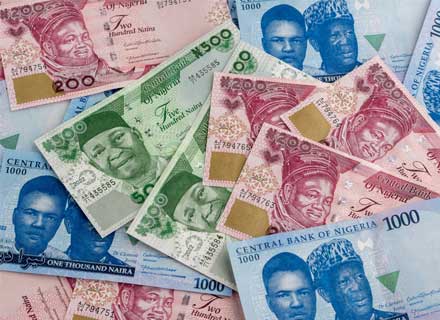Since August 2023, there has been an increasing gap between the official and parallel market exchange rates in Nigeria, which, according to Fitch Ratings, might cause the naira to fall even further.
In a letter to clients, Fitch Ratings stated that the pressure on the naira has reversed the initial narrowing that followed the naira’s devaluation due to limited FX availability and strong demand in the underground market.
“There has been a renewed divergence between the parallel market and official exchange rates since August due to the limited supply of FC (foreign currency), reversing some of the narrowing at June’s devaluation,” the rating agency stated.
According to the assessment by three leading analysts, “This raises the possibility of a further devaluation and highlights the difficulties in sustaining exchange-rate liberalization.”
President Bola Tinubu of Nigeria abolished gasoline subsidies and restrictions on foreign exchange, which led to a 40% decline in the value of the naira versus the dollar and the highest inflation in 18 years.
The official and black market rates temporarily aligned as a result of Bola Tinubu’s decision; however, this alignment was fleeting.
The gap increased as a result of buyers turning to the parallel market due to the central bank’s limited availability of foreign currency.
In 2023, the naira experienced its worst-ever performance on the illicit market, reaching 1,000 to the dollar.
Former Citibank Nigeria chairman Olayemi Cardoso was confirmed as governor of the central bank on the same day that the value of the naira fell to a record low. He promised to boost the value of the naira.
Fitch Ratings stated in its note that despite being bearish on the naira, the central bank “has instructed banks to retain their large FX gains rather than to distribute them as dividends, which will provide a cushion to absorb further currency devaluation and loan quality risks.”
In September, Fitch Ratings noted that the financial data published by the central bank for the seven-year period between 2016 and 2022 contained large gaps that prevented a trustworthy evaluation of the nation’s net reserve position.
It also agreed with Bola Tinubu’s assertion that the liberalization of the exchange rate should make it easier for the West African country to attract capital.

